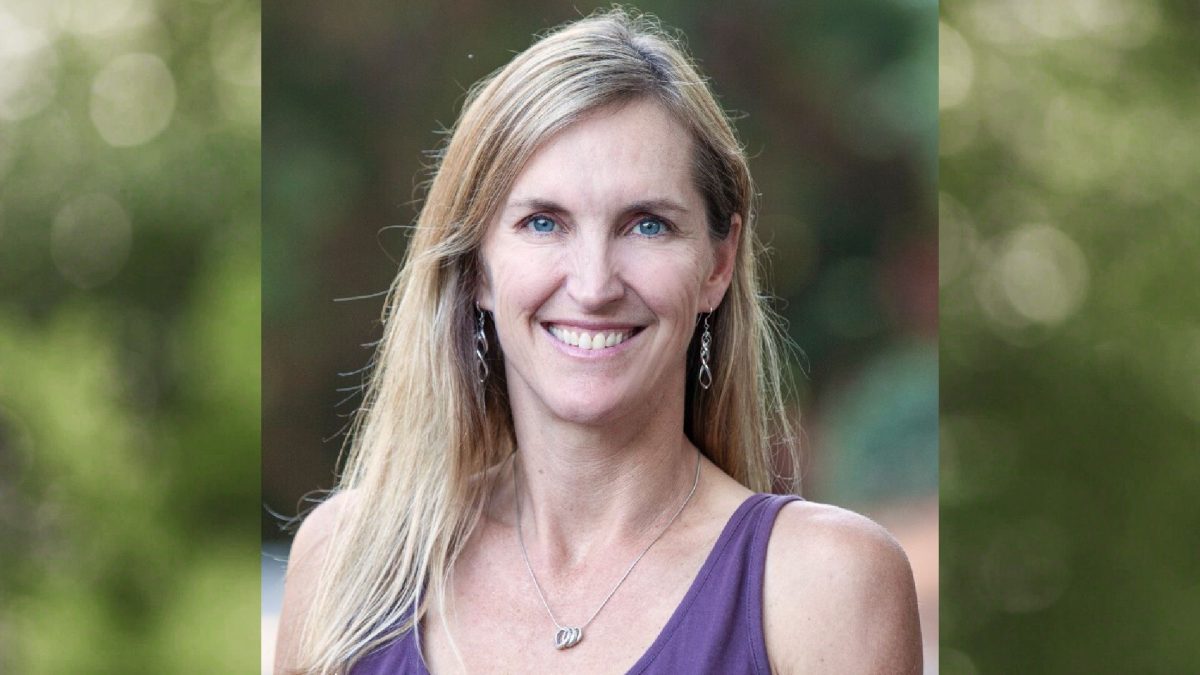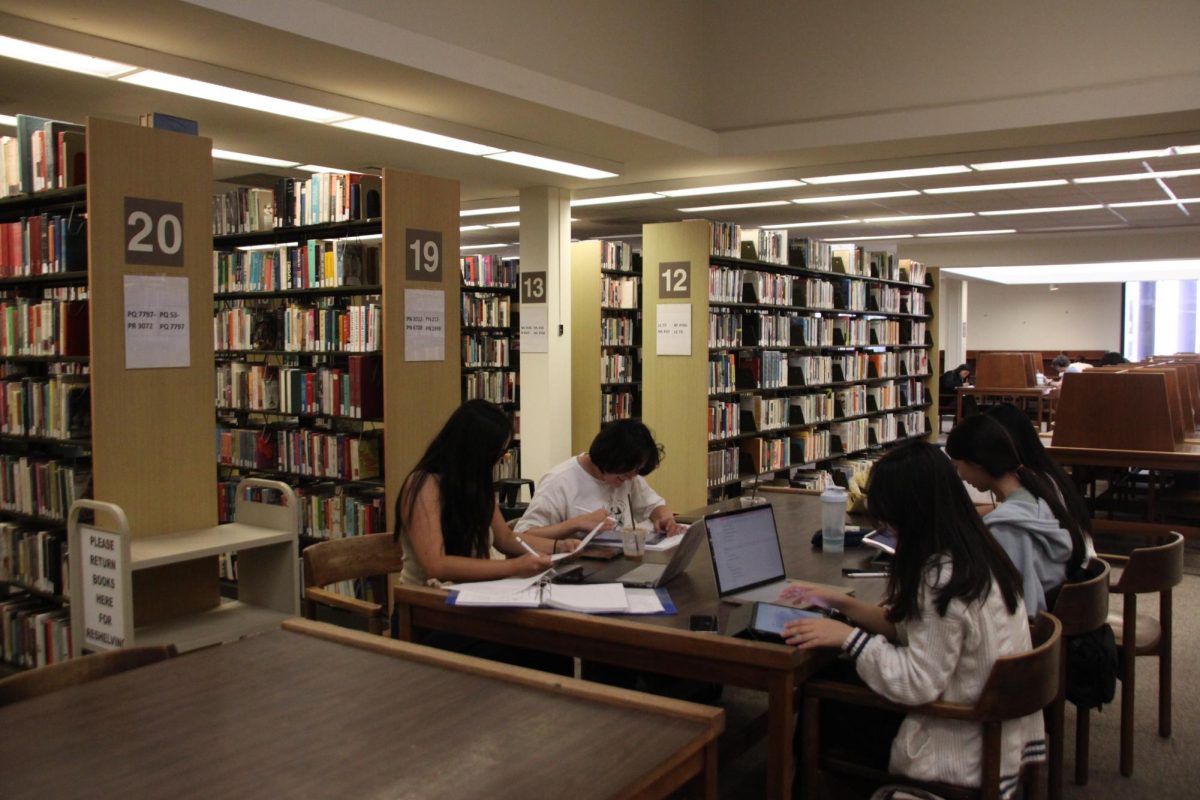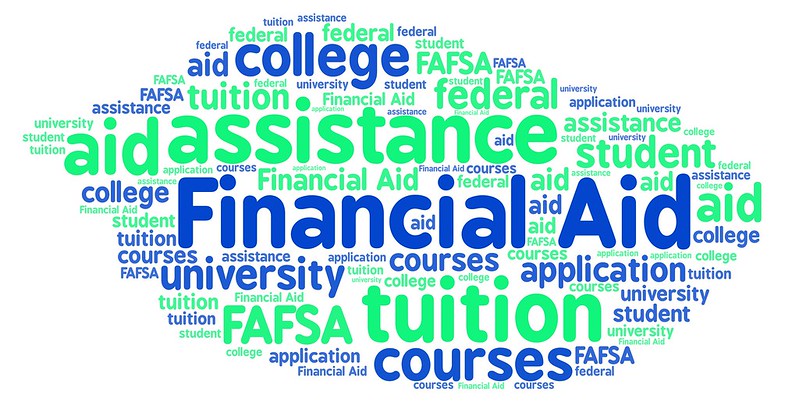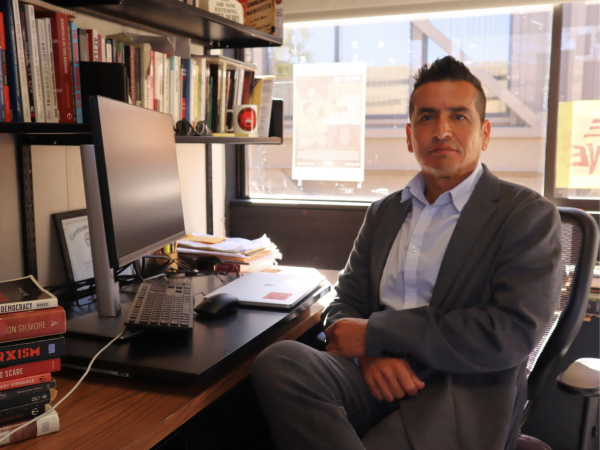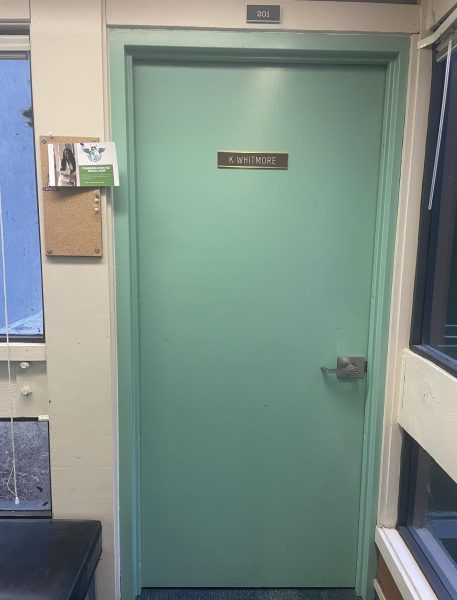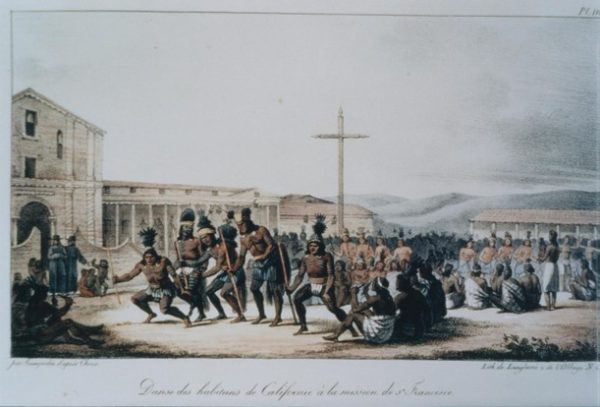Chancellor’s Office Announces More Financial Aid and Program Expansions in State Community College System
At a student media teleconference held via Zoom on Feb. 22, California Community Colleges Chancellor Eloy Ortiz Oakley announced changes in financial aid that will allow more of the state’s students to obtain funding for school and discussed other program expansions that will impact the CCC system.
According to Oakley, greater numbers of students will soon be able to receive support through the Cal Grant system, which provides free financial aid to California resident students.
Oakley emphasized it is important that students submit their financial aid applications by March 2, and that the consideration of additional financial aid opportunities such as scholarships depends on those applications being received on time.
“Financial aid for our students continues to be a very important topic for us,” said Oakley.
Turning to discuss the findings of a recent report, “Economic Value of the California Community College System,” which was released in January, Oakley said officials discovered a 5-0 cost-benefit ratio for students – meaning that for every dollar a student invests in their education at one of the state’s community colleges, they see an additional $5 in future earnings.
This “validate[s] the clear fact that California Community Colleges are an investment that pays off,” said Oakley.
The report also revealed that the average student who enters the workforce with an associate’s degree from a California community college will see an increase of $11,000 in annual earnings, compared with their peers who only have a high school diploma.
In sheer job numbers, CCC positively contributed to the state’s economy, employing more than 91,000 faculty members in 2018-2019, according to Oakley. He also said that activities of the colleges and students support one out of every sixteen jobs in California. Additionally, he said college alumni contributed nearly $110 billion to the economy, the equivalent of 1.3 million jobs, further demonstrating the important economic impacts the colleges have on the state’s economy.
Despite declining enrollment numbers during the pandemic, Oakley said the college system has strived to overcome challenges, “working tirelessly to encourage prospective students, returning students, and even current students to take advantage of opportunities that exist.”
This includes colleges offering free prior learning assessments for students to earn credits from “qualified prior experience,” including work experience, federal and state government training, military service, volunteer work, and more.
Oakley announced that the Associate’s Degree for Transfer (ADT) program, which allows California community college students to transfer to four-year universities with a guaranteed saved place as juniors, has expanded to include more schools this year.
In addition to the California State University System, Historically Black Colleges and Universities, and private nonprofits, Oakley said the University of Maryland Global Campus has joined the list of participating schools in the program, providing additional opportunities for students.
“We’re going to continue to find options for the myriad of life experiences our students face,” said Oakley.
He explained that he is also working with colleges to expand the number of late-start enrollment classes, which begin in late March, giving students more “flexible options” for study.
For more information about CCC programs, clarification about financial aid, and a list of other useful resources, students can visit icangotocollege.com.






















